News & views.
A collection of stories about data, public opinion and politics and news about our firm.
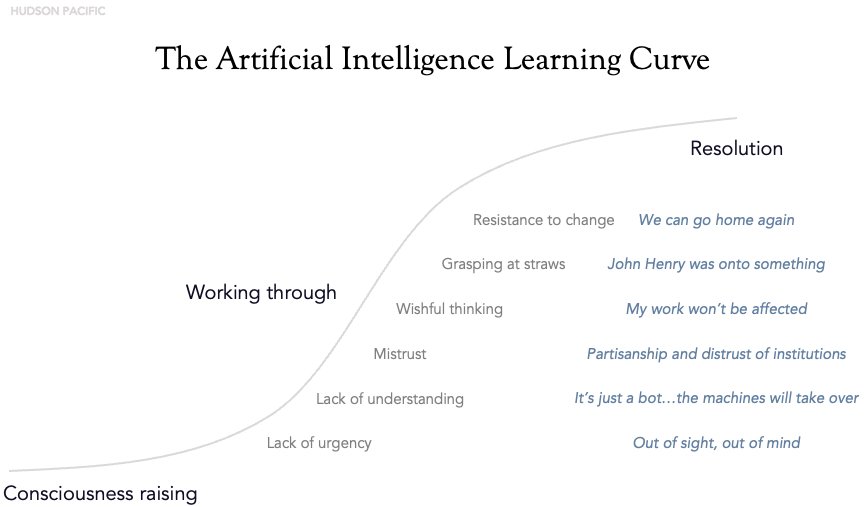
Public Opinion and the Future of AI
Americans' darkening view of AI is important because public opinion will affect how policymakers shape the regulatory landscape.
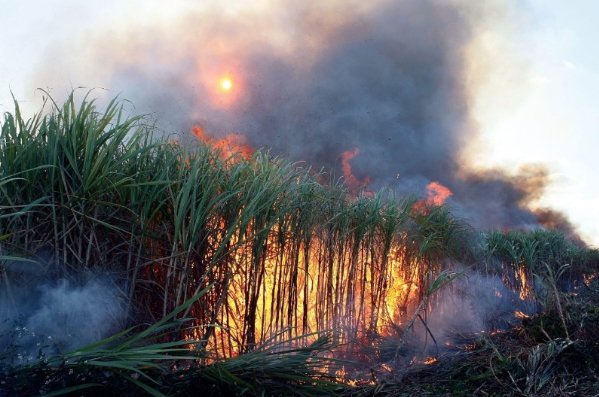
A strange bedfellows campaign to change the sugar industry
The No Big Sugar campaign is putting a spotlight on the misdeeds of this industry, which is as politically shrewd as it is arcane. These misdeeds offend stakeholders from the free-market right to the social justice left, plus a range of American industries in between—and that's the main source of the coalition's strength.


Storytelling and leadership amid uncertainty
A new article from the Harvard Business Review emphasizes the central role that vision and storytelling play in asserting leadership in the face of uncertainty.

Underestimating Joe Biden
Underestimating President Biden is one of the most important features of American politics today. You cannot understand his presidency or the 2024 campaign without accounting for it.

Polling's Dramatic Evolution
A new Pew Research Center study shows a strikingly fast-paced evolution in how public opinion research is conducted.

Artificial Intelligence and a Return to Human Interaction
When you can't trust what you see online due to AI hallucination, deepfakes and rampant misinformation—you have no choice but to go back to the basics.
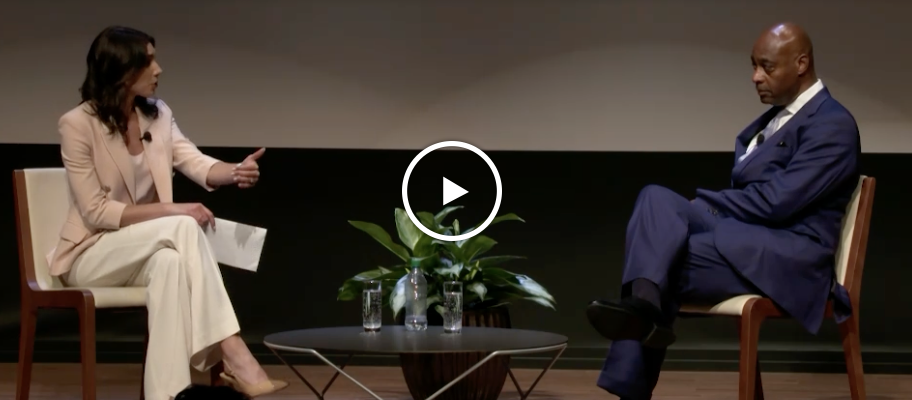
Ray McGuire's Take on the Global Landscape
In a fireside chat with Bloomberg last week, Lazard president Ray McGuire outlined five trends shaping the world today: generative AI, the energy transition, de-globalization, aging and cyber security.

Patagonia and Brand Politicization
How do we reconcile conventional wisdom about the risks brands run when they take a political position with the news that Patagonia is America's best-loved corporate brand?
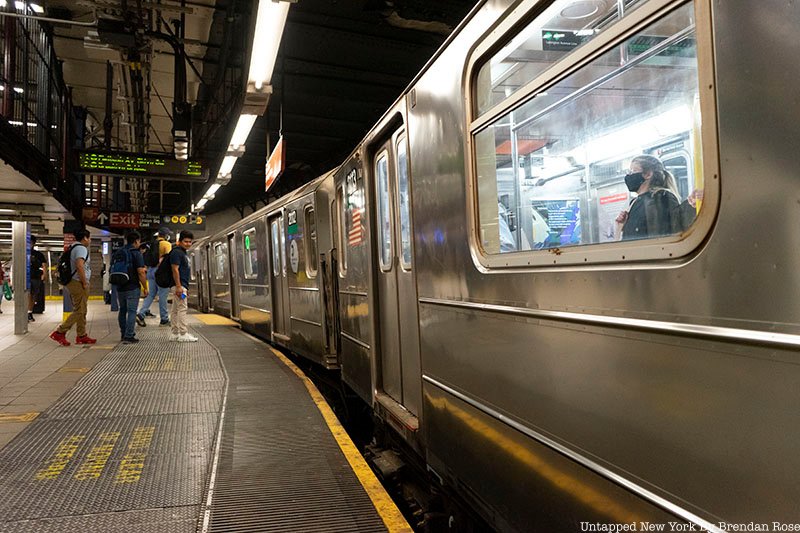
The Power of an Apology
The New York City Transit Authority used to punctuate subway delays with an automated announcement telling riders, "we apologize for this unavoidable delay." It was an excuse masquerading as an apology, and an unintentional reminder of the low quality of service riders should expect.

Communications and the Collapse of Silicon Valley Bank
It takes time and careful analysis to isolate causes in a crisis as complex as SVB's. That's vital work for policymakers, especially those willing to eschew the hot take in search of lasting solutions to this crisis and the next.

Debating the Decline of American Values
A new opinion survey from the Wall Street Journal and the University of Chicago has set off a debate over the state of our national character. The poll suggests patriotism is fading in America, with a drop of nearly 30 points in the number of Americans who say patriotism is very important to them.
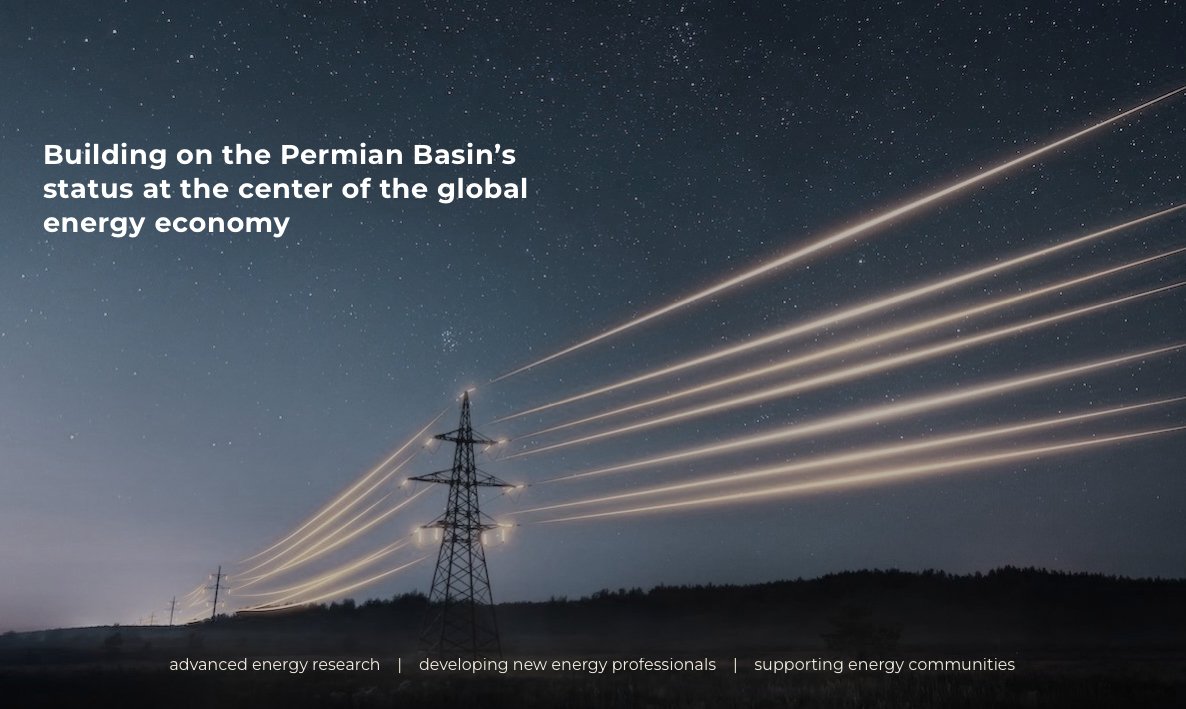
A New Era for American Energy
The goal of the Permian Energy Development Lab, which launched last month, is to speed up the development of advanced, clean energy systems, educate the next generation of energy professionals and support energy-intensive communities and the natural resources they depend on.
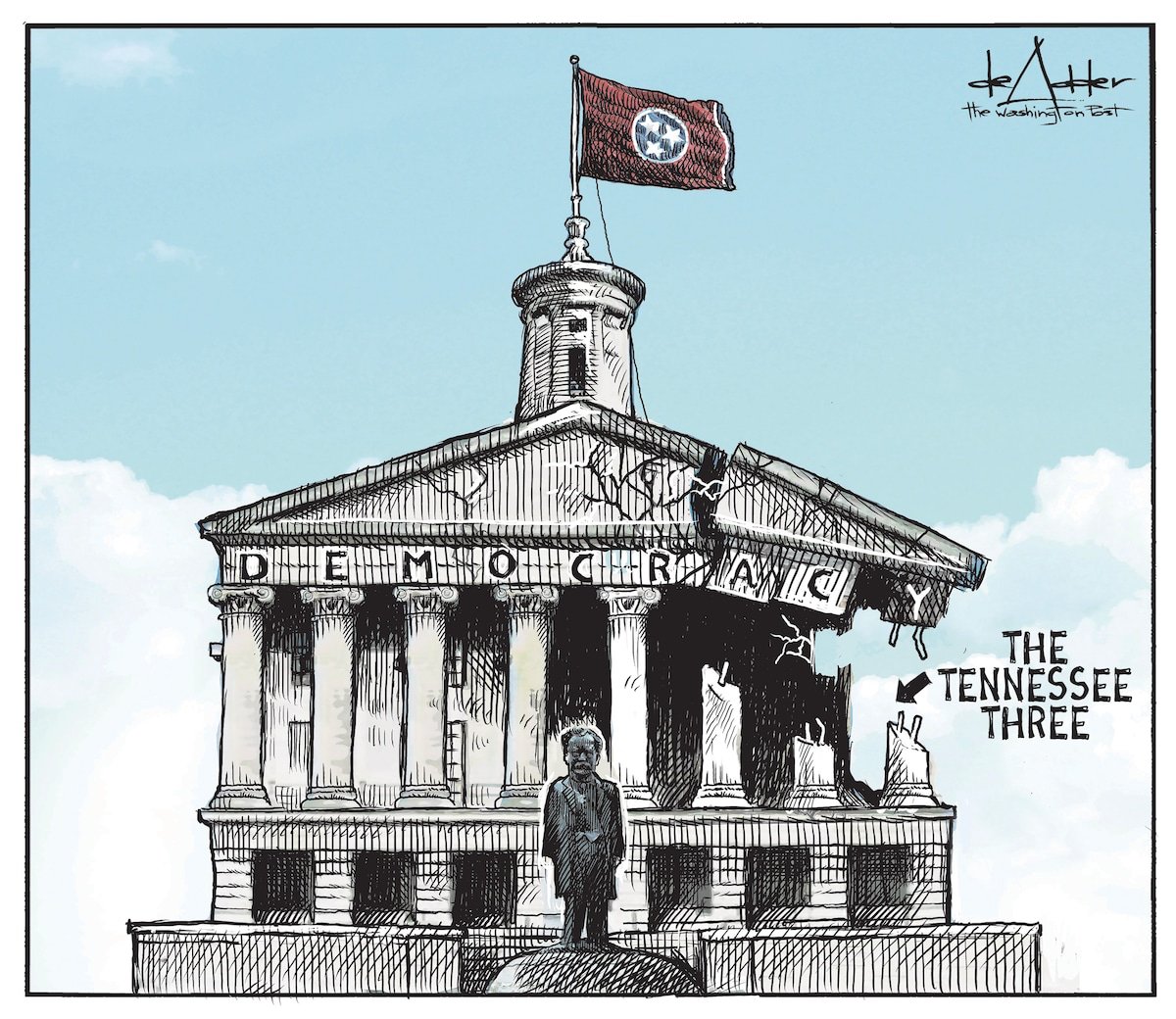

The Why of the Midterms — and What's to Come
We wrote last summer that while Roe v. Wade might not have been settled law, it was indeed settled public opinion, with decades of broad and stable support. Admittedly, we took a wait-and-see attitude on the impact of the Dobbs decision on the midterms, but as devotees of behavioral economists Daniel Kahneman and Amos Tversky, we should have known better.

The Election Prediction Fallacy
We are seeing the McNamara Fallacy at work in the media-based election prediction industry, presently focused on the midterms. A basic problem is that opinion polls are not designed to predict things, they are designed to give a snapshot of opinion at a moment in time. A larger problem involves the many difficult-to-measure variables shaping today's political context, from a society-altering global pandemic to a seismic partisan realignment reshaping both political parties. Old models for understanding politics, like the paramount importance of presidential approval on midterm outcomes, may not hold. The bottom line is this: we do not know what is going to happen, and we have to get comfortable with uncertainty.


What's Missing from Today's News?
Author and journalist Amanda Ripley has a secret – she actively avoids the news and has been doing so for years. She's not alone. Data from the Reuters Institute tells us the United States has one of the highest news-avoidance rates in the world. Four in ten Americans sometimes or often avoid contact with the news. Why? It's dispiriting, repetitive and of questionable credibility, according to Reuters' survey data.

What We Impose on People with a Stutter
This New York Times opinion video deepened our understanding of what people who stutter have to contend with in daily life. It reveals a society largely unprepared or disinclined to accommodate them, but also points to ways non-stutterers can alter their behavior in helpful ways. It's worth a view.

The Risks of a Big Product Reveal
Experience teaches us that top-tier outlets like The New York Times will nearly always produce feature stories with a narrative arc. When a story is compelling, that narrative arc includes a "tear" – the words of one film professor – an event that operates as the engine of the story. In the case of Cruise, that event was the vehicle pulling over unexpectedly and ending the reporter's ride, shaping the story and others to follow, no doubt.
